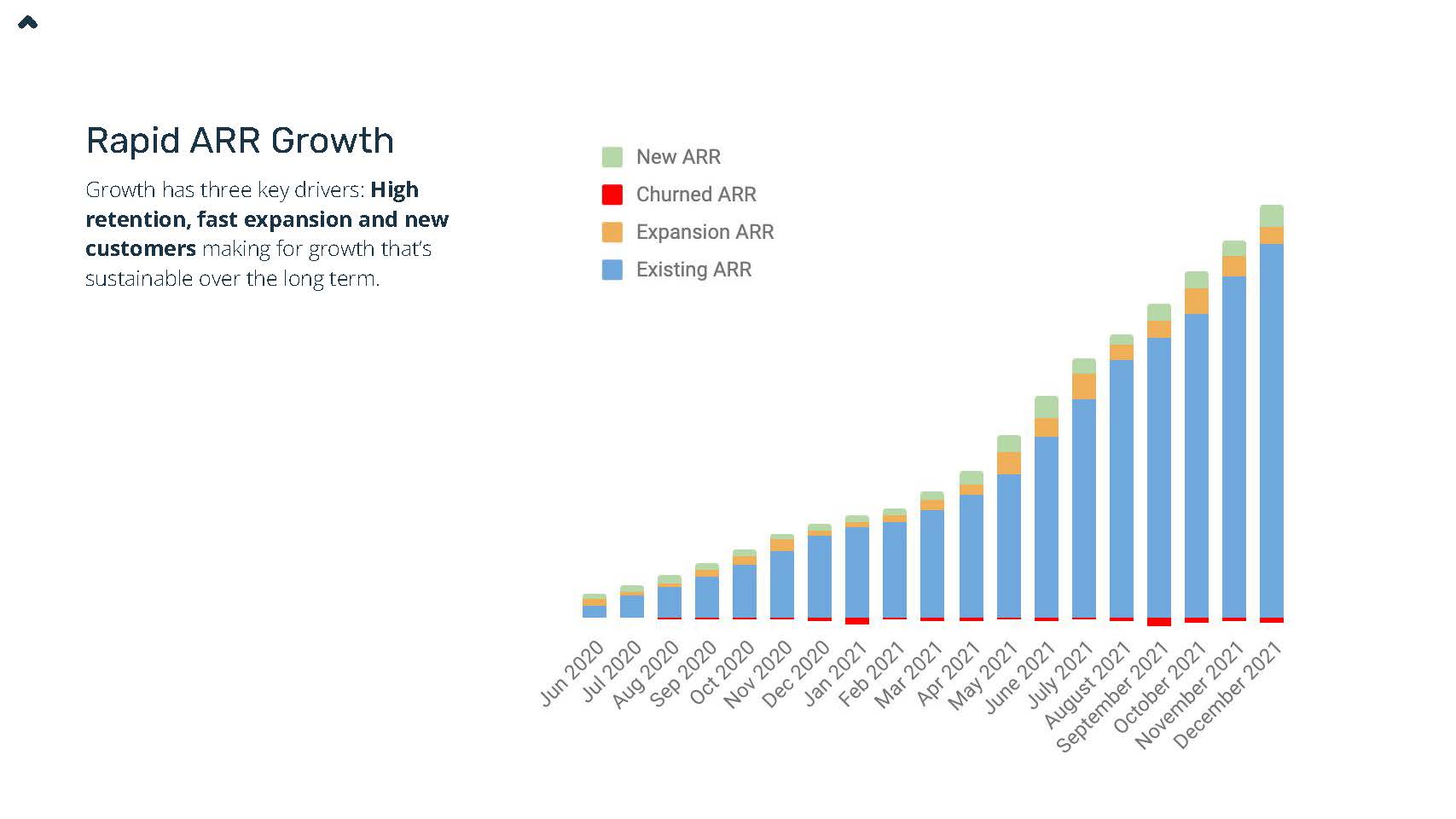
The post Hester Peirce Calls for Early Approval of Bitcoin ETFs as Criticism for Gary Gensler Intensifies appeared first on Coinpedia Fintech News
In a recent discussion about Bitcoin ETFs, SEC Commissioner Hester Peirce expressed her frustration with the agency’s slow pace in approving these products. Peirce said that she had advocated for their approval as far back as 2018, pointing out that the SEC has applied a different standard to Bitcoin ETFs compared to similar financial products.
The Court’s Intervention
In an interview with David Lin, Peirce said that the SEC’s eventual decision to approve Bitcoin exchange-traded products was influenced by a court ruling. The court found the SEC’s previous reasoning to be “arbitrary and capricious,” which essentially forced the agency to reconsider its stance. “Once the court pointed that out, it became challenging for us to continue denying these products,” she explained.
She said, “I had said we should have done this many years ago. I wrote in 2018 that we should have approved one of the products, one of the applications that came in. And I’ve been very dissatisfied with the pace at which we operated and frankly with the process because I think we applied a different standard for these kinds of products than we have for similar products.”
- Also Read :
- Ripple CEO Admits Major Error: Will XRP Price Crash?
- ,
Overregulation Concerns
Addressing the broader concern about overregulation in the cryptocurrency space, particularly following the collapses of FTX, Celsius, and others, Peirce acknowledged that many in the crypto industry feel the SEC has tightened its grip excessively. She explained the need for a balanced approach, suggesting that while regulation is necessary, it should not stifle innovation or create unnecessary barriers for the industry.
Some argue that the SEC hasn’t dedicated enough resources to figuring out how to effectively regulate the crypto industry. Peirce believes that instead of focusing heavily on enforcement, the SEC should spend more time addressing the complexities of crypto regulation.

 1 month ago
14
1 month ago
14














 English (US) ·
English (US) ·